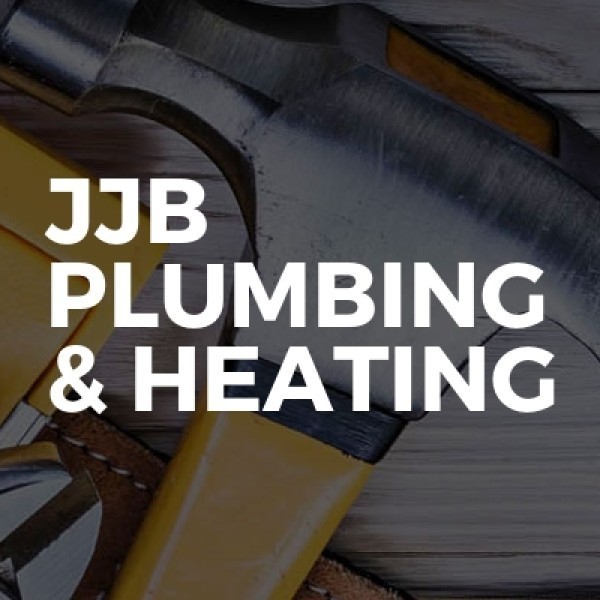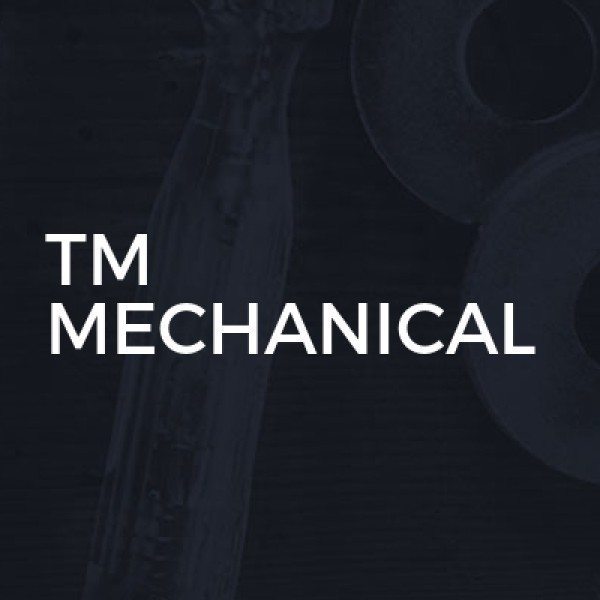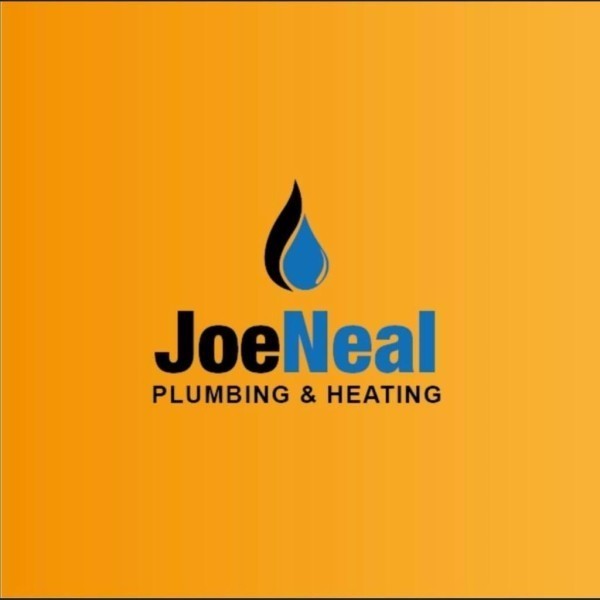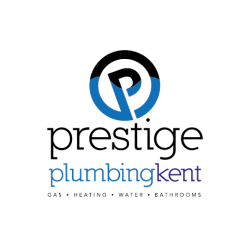Boiler/Heating Engineers in Canterbury
Search Boiler/Heating Engineers in places nearby
- Boiler/Heating Engineers in Ashford
- Boiler/Heating Engineers in Broadstairs
- Boiler/Heating Engineers in Chatham
- Boiler/Heating Engineers in Deal
- Boiler/Heating Engineers in Dover
- Boiler/Heating Engineers in Faversham
- Boiler/Heating Engineers in Folkestone
- Boiler/Heating Engineers in Gillingham
- Boiler/Heating Engineers in Gravesend
- Boiler/Heating Engineers in Herne Bay
- Boiler/Heating Engineers in Hythe
- Boiler/Heating Engineers in Lydd
- Boiler/Heating Engineers in Maidstone
- Boiler/Heating Engineers in Margate
- Boiler/Heating Engineers in New Romney
- Boiler/Heating Engineers in Northfleet
- Boiler/Heating Engineers in Ramsgate
- Boiler/Heating Engineers in Rochester
- Boiler/Heating Engineers in Royal Tunbridge Wells
- Boiler/Heating Engineers in Sandwich
- Boiler/Heating Engineers in Sevenoaks
- Boiler/Heating Engineers in Sheerness
- Boiler/Heating Engineers in Sittingbourne
- Boiler/Heating Engineers in Swanley
- Boiler/Heating Engineers in Swanscombe
- Boiler/Heating Engineers in Tenterden
- Boiler/Heating Engineers in Tonbridge
- Boiler/Heating Engineers in Whitstable
Understanding the Role of Boiler/Heating Engineers in Canterbury
Boiler and heating engineers play a crucial role in ensuring the comfort and safety of homes and businesses in Canterbury. These skilled professionals are responsible for installing, maintaining, and repairing heating systems, which are essential for keeping buildings warm during the chilly months. In this article, we'll delve into the various aspects of their work, the skills required, and the importance of their services in the community.
The Importance of Boiler and Heating Systems
Boiler and heating systems are vital components of any building, providing warmth and hot water. In Canterbury, where temperatures can drop significantly during winter, having a reliable heating system is not just a luxury but a necessity. These systems ensure that residents and businesses can operate comfortably and efficiently, regardless of the weather outside.
Types of Heating Systems
- Central Heating Systems: These are the most common in Canterbury, using a boiler to heat water, which is then circulated through radiators or underfloor heating.
- Combi Boilers: These combine a high-efficiency water heater and a central heating boiler in a single unit, ideal for smaller homes.
- System Boilers: These require a cylinder for storing hot water but no tank, making them suitable for homes with more than one bathroom.
- Conventional Boilers: These are traditional systems that use a tank and cylinder, suitable for larger homes with high water demand.
Key Responsibilities of Boiler/Heating Engineers
Boiler/heating engineers in Canterbury are tasked with a variety of responsibilities, ensuring that heating systems function efficiently and safely. Their duties include:
- Installation: Setting up new heating systems, ensuring they meet all safety and efficiency standards.
- Maintenance: Performing regular checks and servicing to prevent breakdowns and extend the lifespan of the systems.
- Repairs: Diagnosing and fixing issues promptly to restore heating and hot water supply.
- Upgrades: Recommending and implementing system upgrades to improve energy efficiency and performance.
Skills and Qualifications Required
Becoming a boiler/heating engineer requires a combination of technical skills, qualifications, and personal attributes. Here’s what it takes to excel in this field:
Technical Skills
- Understanding of Heating Systems: Comprehensive knowledge of different types of boilers and heating systems.
- Problem-Solving Skills: Ability to diagnose issues quickly and find effective solutions.
- Technical Aptitude: Proficiency in using tools and equipment necessary for installation and repairs.
Qualifications
- Apprenticeship: Many engineers start with an apprenticeship, gaining hands-on experience while studying.
- NVQ/SVQ Level 2 or 3: These qualifications in plumbing and heating are often required.
- Gas Safe Registration: Essential for anyone working with gas appliances, ensuring safety and compliance with regulations.
Personal Attributes
- Attention to Detail: Ensuring all work is completed to a high standard and meets safety regulations.
- Customer Service Skills: Communicating effectively with clients and providing excellent service.
- Reliability: Being dependable and trustworthy, especially when dealing with emergency repairs.
The Process of Hiring a Boiler/Heating Engineer in Canterbury
Finding the right boiler/heating engineer in Canterbury involves several steps to ensure you receive quality service. Here’s a guide to help you through the process:
Research and Recommendations
- Online Reviews: Check reviews on platforms like Trustpilot or Google to gauge the reputation of local engineers.
- Word of Mouth: Ask friends, family, or neighbours for recommendations based on their experiences.
Verifying Credentials
- Gas Safe Register: Ensure the engineer is registered, which is a legal requirement for working with gas appliances.
- Insurance: Confirm that the engineer has liability insurance to cover any potential damages.
Obtaining Quotes
- Multiple Quotes: Get quotes from several engineers to compare prices and services offered.
- Detailed Estimates: Ensure quotes include a breakdown of costs for transparency.
Common Challenges Faced by Boiler/Heating Engineers
Boiler/heating engineers in Canterbury encounter various challenges in their line of work. Understanding these can help clients appreciate the complexity of the services provided:
Technical Challenges
- Complex Systems: Modern heating systems can be complex, requiring engineers to stay updated with the latest technologies.
- Fault Diagnosis: Identifying the root cause of a problem can be tricky, especially with intermittent issues.
Weather Conditions
- Winter Demand: The demand for heating services spikes during cold months, leading to tight schedules and increased pressure.
- Outdoor Work: Engineers often work in challenging weather conditions, particularly when installing external components.
Regulatory Compliance
- Safety Standards: Adhering to strict safety regulations is crucial, requiring constant vigilance and attention to detail.
- Environmental Regulations: Engineers must ensure systems comply with environmental standards to reduce emissions.
Benefits of Regular Boiler Maintenance
Regular maintenance of boiler and heating systems offers numerous benefits, ensuring efficiency and longevity. Here’s why it’s essential:
Improved Efficiency
- Energy Savings: Well-maintained systems operate more efficiently, reducing energy consumption and costs.
- Consistent Performance: Regular checks ensure the system performs optimally, providing reliable heating and hot water.
Extended Lifespan
- Preventative Care: Identifying and addressing minor issues early prevents major breakdowns and extends the system’s life.
- Reduced Wear and Tear: Regular servicing minimises wear on components, maintaining the system’s integrity.
Safety Assurance
- Leak Detection: Regular inspections help detect gas or water leaks, preventing potential hazards.
- Compliance: Ensures the system meets safety standards, providing peace of mind for homeowners and businesses.
Emerging Trends in Boiler and Heating Technology
The boiler and heating industry is continually evolving, with new technologies enhancing efficiency and sustainability. Here are some emerging trends:
Smart Heating Systems
- Remote Control: Smart thermostats allow users to control heating remotely via smartphones, enhancing convenience.
- Energy Monitoring: These systems provide insights into energy usage, helping users optimise consumption.
Eco-Friendly Solutions
- Condensing Boilers: These high-efficiency boilers reduce emissions and energy consumption.
- Renewable Energy Integration: Systems that incorporate solar or heat pump technology are gaining popularity.
Advanced Diagnostics
- Predictive Maintenance: Advanced diagnostics tools predict potential issues, allowing for proactive maintenance.
- Automated Alerts: Systems can send alerts to engineers when maintenance is required, ensuring timely service.
Environmental Impact of Heating Systems
Heating systems have a significant environmental impact, contributing to carbon emissions. Understanding this impact is crucial for making informed decisions:
Carbon Footprint
- Fossil Fuel Use: Traditional boilers rely on fossil fuels, contributing to greenhouse gas emissions.
- Energy Efficiency: Improving efficiency reduces emissions, making systems more environmentally friendly.
Renewable Energy Options
- Solar Thermal Systems: These systems use solar energy to heat water, reducing reliance on fossil fuels.
- Heat Pumps: Extracting heat from the air or ground, these systems offer a sustainable heating solution.
Government Initiatives
- Incentives: Government schemes encourage the adoption of energy-efficient and renewable heating systems.
- Regulations: Stricter regulations aim to reduce emissions and promote sustainable practices in the heating industry.
Frequently Asked Questions
- What qualifications should a boiler/heating engineer have? They should have an NVQ/SVQ Level 2 or 3 in plumbing and heating and be Gas Safe registered.
- How often should I service my boiler? It's recommended to service your boiler annually to ensure efficiency and safety.
- What are the signs of a faulty boiler? Common signs include unusual noises, leaks, and inconsistent heating or hot water supply.
- Can I install a boiler myself? No, boiler installation should be carried out by a qualified and registered engineer to ensure safety and compliance.
- What is the lifespan of a typical boiler? A well-maintained boiler can last between 10 to 15 years.
- Are there eco-friendly boiler options available? Yes, options like condensing boilers and systems integrating renewable energy are available.
In conclusion, boiler/heating engineers in Canterbury provide essential services that ensure the comfort and safety of homes and businesses. Their expertise in installing, maintaining, and repairing heating systems is invaluable, especially during the colder months. By understanding their role and the importance of regular maintenance, residents can make informed decisions to enhance the efficiency and sustainability of their heating systems.


















